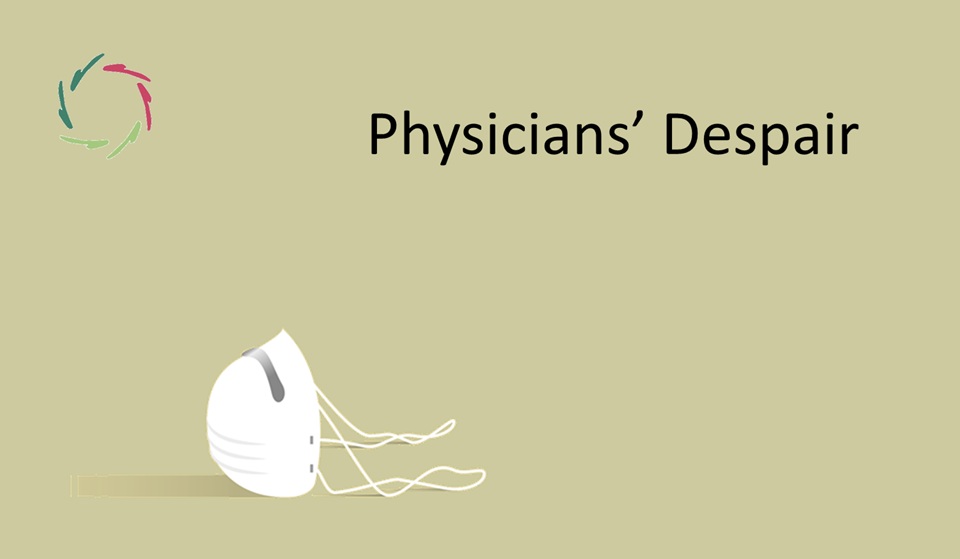The Cost of Medicine — and What AureLisa can Do about it

The enormous and heightening ‘cost of medicine’ doesn’t mean that medicine is the guilty cause. It’s part of the broader culture at the world level. Medicine flows along unknowingly ― or unwillingly to know?
Anyway, the situation is dire. This is also a communication to relevant decision-makers.
Mostly about psycho-somatic healthcare
Nowadays, people go to medicine mainly for psyche-related issues. This used to be different at the start of modern medicine +/- two centuries ago. At least, so it seems in hindsight.
Meanwhile, an all too somatically oriented medicine doesn’t optimally influence psycho-somatic health. On the other hand, sadly enough, psychotherapy isn’t up to the job. It lacks the theoretical grounding to tackle the problem. Moreover, in the battle between silos, psychotherapy and medicine leave psycho-somatics practically in a suspended limbo. This way, the cost of not optimally directed healthcare can be immense.
Different sources of costs are:
- medical investigations
- improper therapy/management
- untreated causal conditions that show in subsequent surface-level illness
- absenteeism, presenteeism …
What is meant by ‘cost.’
Of course, the cost of human suffering is the most direct and crucial.
On top of that, the monetary cost is also critical and not unrelated to the former. We want healthcare to be as good as possible for everyone, and this can only be achieved with realistic monetary costs. Otherwise, future medicine will show an increasing divide between rich and poor, and lots of additional human suffering just through this.
Less straightforwardly related to medicine, or even healthcare in general, is a societal cost coming from many people not being optimally treated/managed in health-related matters ― broadly seen. This translates into heightened social aggression. The link with medicine is not readily evident at present, but it is visible to those who care to see.
These costs are IMMENSE ― therefore also the opportunities.
It’s realistic to speak of trillions. The fact that this doesn’t show to physicians and non-physicians alike only means that it doesn’t show ― nothing more. We are dabbling in the dark, and where there’s light, there is no willingness to see it. As to psycho-somatics, we are living in the Middle Ages.
This is not just the case in one but in most medical subdomains. So much more remarkable may be the medical silence that reigns pretty ubiquitously. As said, no guilt ― tremendous responsibility.
The real opportunity of Compassionate A.I.
Through its own rapidly increasing complexity, A.I., in general, can bring forward human complexity as never before.
This is a threat – as never before – when abused. Of course, it can also be used for good, as is the aim of Compassionate A.I. We are living right within this threat/opportunity environment — also at the core of modern medicine.
Still, AureLisa is no medicine.
It doesn’t fit in the medical paradigm of treating distinct diseases. This is also the reason why, from within medicine, it is so hard to see the psycho-somatic challenge. It’s another paradigm, although, of course, it’s about the same people. This is also why something like AureLisa is necessary to make a difference.
Sure ― Lisa is doable, scalable, and provable. So, leveraging many profound insights into Compassion together with the power of A.I., AureLisa can be the source of huge cost reductions.
The question is, (when) will it succeed in this endeavor?
We need the right kind of people to realize this promise. Without these, it won’t happen for many years.
That may be the biggest lesson from medical history.


